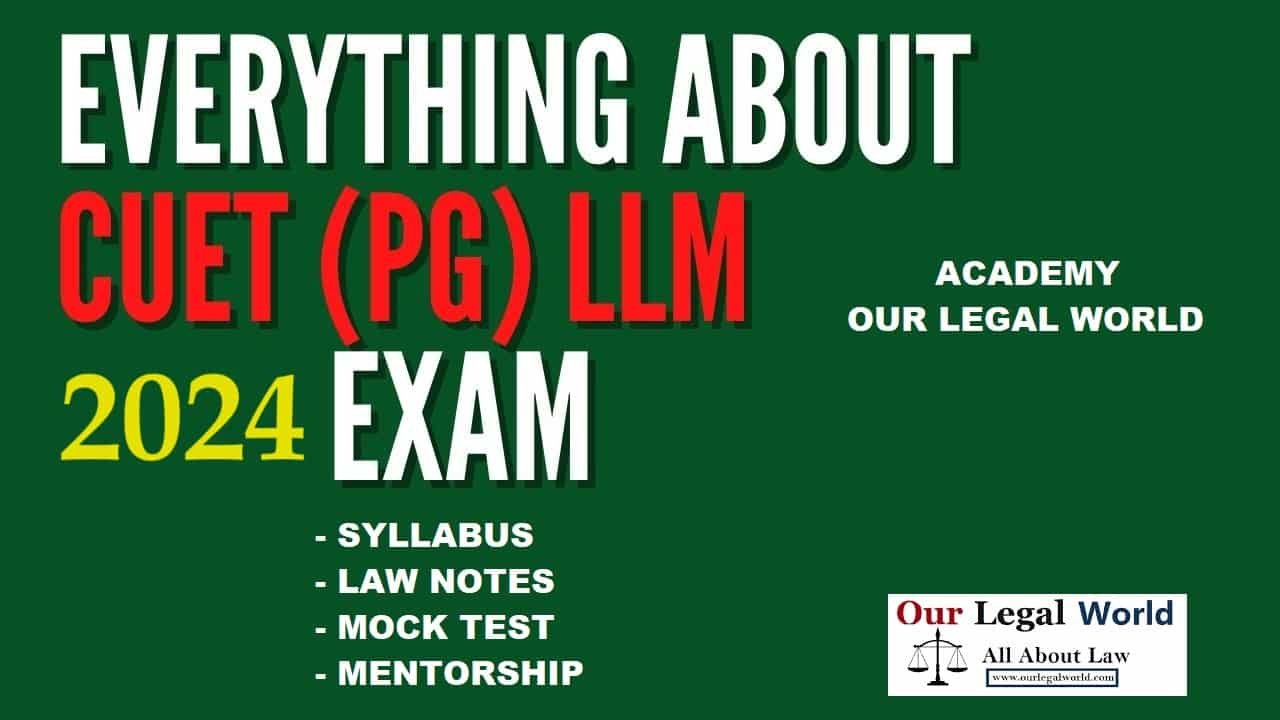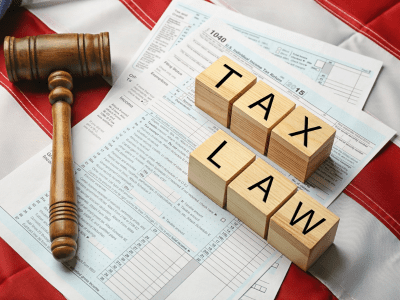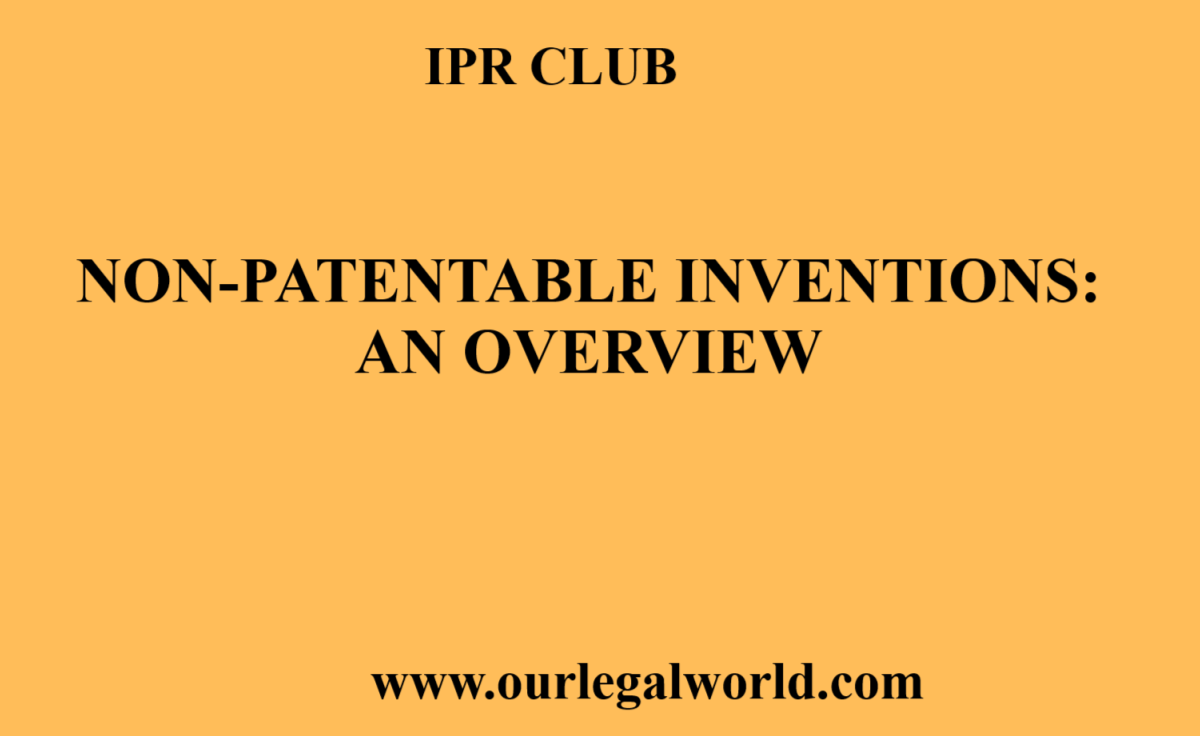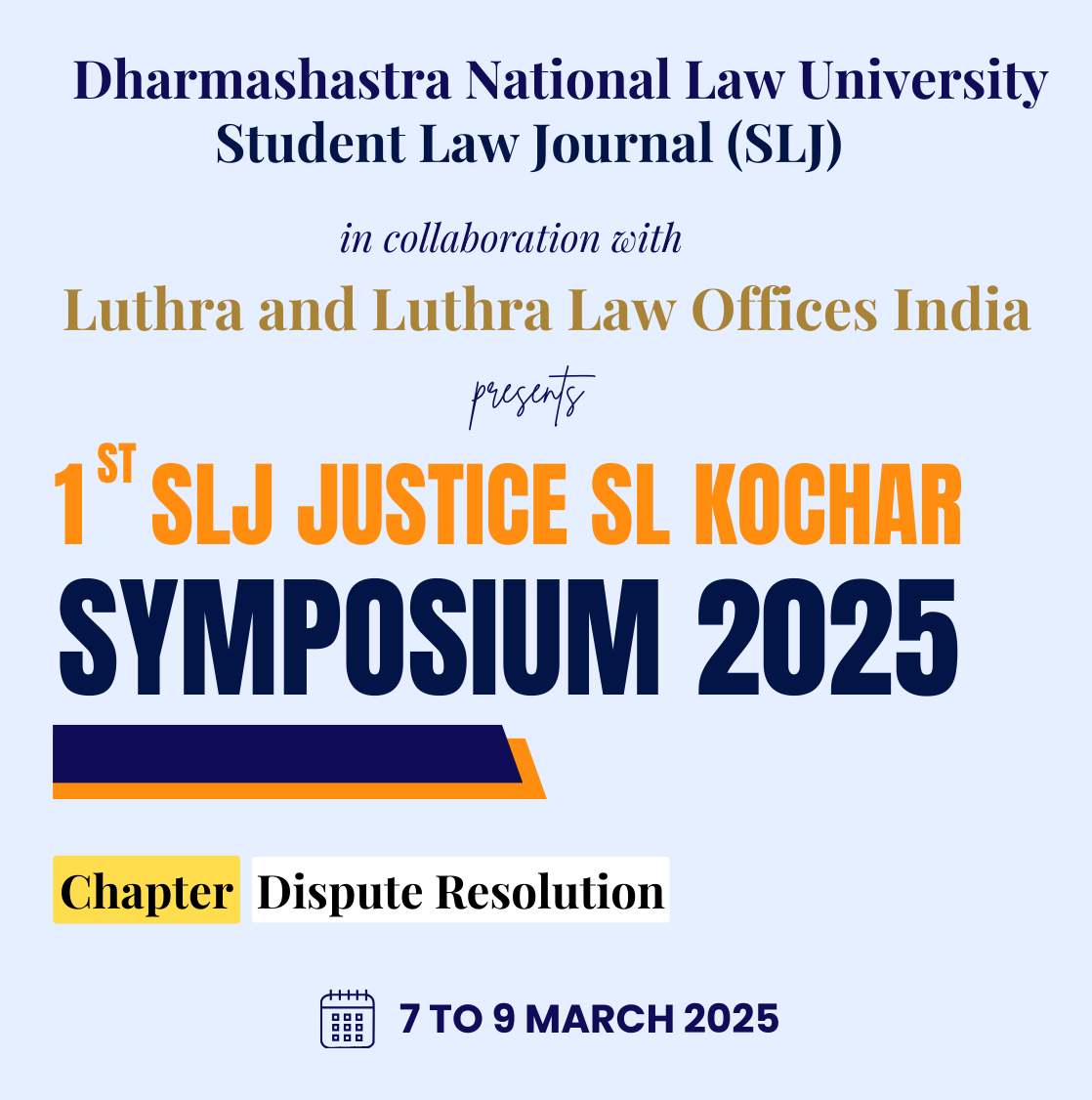Rights of arrested person under crpc
Introduction
Any person has to be treated as a human being, irrespective of the fact that such person is a criminal. The accused persons are also granted certain rights, the most basic of which are found in the Indian Constitution. The basic assumption behind these rights is that the government has enormous resources available to it for the prosecution of individuals, and individuals, therefore, are entitled to some protection from misuse of those powers by the government. An accused has certain rights during the course of any investigation; enquiry or trial of offence with which he is charged, and he should be protected against arbitrary or illegal arrest.
Meaning of Arrest
The word ” arrest” has not been defined in the code or CrPC. General meaning arrest means under legal authority. The term “arrest and custody” some time use synonymous but in case of Directorate of Enforcement v. Deepak Mahajan AIR 1944 SC, the term arrest and custody are not synonymous.
Rights of Arrest persons
1. Privilege against self-incrimination: Article 20(3)
The privilege against-incrimination is a fundamental canon of common-law criminal jurisprudence. The characteristic features of this principle are-
(i) that the accused is presumed to be innocent,
(ii) that it is for the prosecution to establish his guilt, and
(iii) that the accused need not make any statement against his will
Article 20(3) which embodies this privilege reads: “No person accused of any offence shall be compelled to be a witness against himself.” Article 20(3) of the Constitution of India clearly lays down that no person accused of any offence shall be compelled to be a witness against himself. Important following components:
(1) it is a right available to a person “accused of an offence”
(2) it is a protection against ‘compulsion ‘to be a witness’
(3) it is a protection against such ‘compulsion’ resulting in his invoked.
2. Right to know the ground of Arrest
As per Section 50(1) of Cr.P.C., every person who is being arrested by any police officer, without any warrant, is entitled to know the full particulars of offence for which he is being arrested, and that the police officer is duty bound to tell the accused such particulars and cannot deny it.
The Constitution of India also confers this right as one of the fundamental rights. Article 22(2) of the constitution provides that “no person who is arrested shall be detained in custody without being informed as soon as may be, of the grounds for such arrest nor shall he be denied the right to consult, and to be defended by a legal practitioner of his choice.”
3. Right To Be Taken Before A Magistrate Without Delay
Section 56 of Cr.P.C. states that “Person arrested to be taken before Magistrate or officer in charge of police station- A police officer making an arrest without warrant shall, without unnecessary delay and subject to the provisions herein contained as to bail, take or send the person arrested before a Magistrate having jurisdiction in the case, or before the officer in charge of a police station”
Section 76 of Cr.P.C. states that “Person arrested to be brought before Court without delay- The police officer or other person executing a warrant of arrest shall (subject to the provisions of section 71 as to security) without unnecessary delay bring the person arrested before the Court before which he is required by law to produce such person”.
4. Right To Consult A Legal Practitioner
Every person who is arrested has a right to consult a legal practitioner of his own choice. This has been enshrined as a fundamental right in Article 22(1) of the Constitution of India, which cannot be denied in any case. Section 50(3) of the Code also lays down that the person against whom proceedings are initiated has a right to be defended by a pleader of his choice. This starts begins as soon as the person is arrested. The consultation with the lawyer may be in the presence of police officer but not within his hearing.
5. Right To Be Examined By A Medical Practitioner
Section 54 of Cr.P.C:- “Examination of arrested person by medical practitioner at the request of the arrested person- When a person who is arrested, whether on a charge or otherwise, alleges, at the time when he is produced before a Magistrate or at any time during the period of his detention in custody that the examination of his body will afford evidence which will disprove the commission by him of any offence or which will establish the commission by any other person of any offence against his body, the Magistrate shall, if requested by the arrested person so to do direct the examination of the body of such person by a registered medical practitioner unless the Magistrate considers that the request is made for the purpose of vexation or delay or for defeating the ends of justice.”
- The person who is going to arrest any accused should bear accurate, visible, and clear identification along with their name tags with their designation.
- The police officer who is arresting the arrestee must prepare a memo of arrest, and it should be attested by at least one person who may either be a family member of the arrestee or any other respectable person in the locality. The memo must contain the date and time of arrest and must also be countersigned by the arrestee.
- If the person who has signed the memo of arrest is not a family member, relative or friend of the arrestee, then the arrestee is entitled to have one friend or relative being informed about his arrest as soon as possible.
- The person arrested must be made aware of this right to have someone informed of his arrest or detention as soon as he is put under arrest or is detained.
- Entry must be made in the diary at the place of detention regarding the arrest of the person which shall also disclose the name of the next friend of the person who has been informed of the arrest and the names and particulars of the police officials in whose custody the arrestee is.
- The police officer should, on the request of arrestee, record at the time of his arrest major and minor injuries, if any, present on arrestee’s body, after subjecting the arrestee to an examination. The “Inspection Memo” must be signed both by the arrestee and the police official making such arrest, and one copy of that memo must be provided to the arrestee.
- Copies of all the documents including the memo of arrest, referred to above, should be sent to illaqa Magistrate for his record.
- The arrestee may be permitted to meet his lawyer during interrogation, though not throughout the interrogation.
- The court also ordered that in every district and state headquarters, a police control room should be established, wherein every arrest which is being made must be reported by the police officer making such arrest within 12 hours of such arrest, and it should be displayed on a conspicuous notice board.
Also Read: Surinder Singh Barmi vs The Board Of Control For Cricket India 2017



![Jamia Hamdard Mediation Competition 2025 at School of Law, HILSR [21st February 2025]](https://ourlegalworld.com/wp-content/uploads/2024/12/Screenshot-11-min-1.png)



